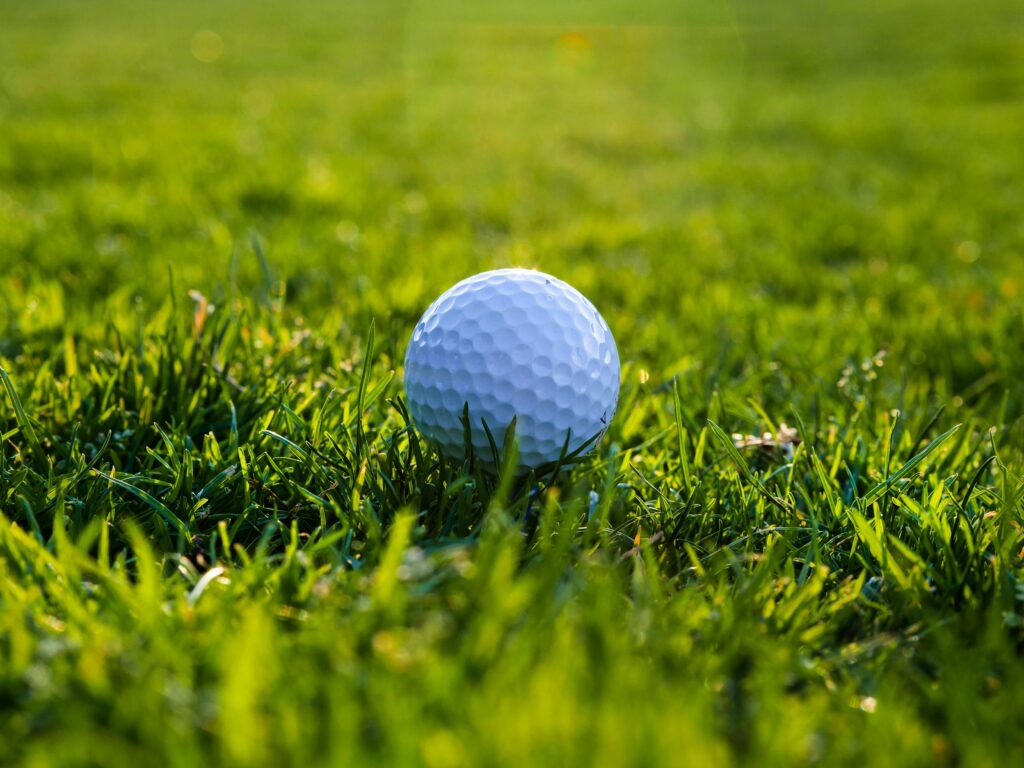
Golf balls are an essential part of the game, but they raise many questions among golfers and pet owners. This guide will address various concerns about golf balls, including their safety for dogs, environmental impact, and unique properties.
Are Golf Balls Bad for Dogs?
Golf balls can pose a choking hazard for dogs, especially large breeds that might try to swallow them. It’s best to avoid letting dogs play with golf balls and instead provide pet-safe toys designed for their size and chewing habits.
Tips for Safe Play
- Choose durable, non-toxic dog toys.
Supervise playtime to prevent accidental swallowing.
Consult your vet for safe toy recommendations.
Are Golf Balls Biodegradable?
Traditional golf balls are not biodegradable. They are made of synthetic materials like rubber and plastic, which do not break down naturally. This makes it important to dispose of them properly to avoid environmental pollution.
Eco-Friendly Alternatives
Biodegradable golf balls made from natural materials.
Use driving ranges that collect and recycle golf balls.
Are Golf Balls Expensive?
The cost of golf balls varies widely based on the brand, type, and quality. Premium golf balls used by professional players can be quite expensive, while recreational balls are more affordable.
Price Range
Premium golf balls: $40-$60 per dozen.
Mid-range golf balls: $20-$30 per dozen.
Budget golf balls: $10-$20 per dozen.
Are Golf Balls Flammable?
Golf balls are not highly flammable. They are made from materials that can burn if exposed to high temperatures, but they do not ignite easily. Always store golf balls away from extreme heat sources.
Are Golf Balls Hollow?
Golf balls are not hollow; they have a solid core made of rubber or synthetic materials, surrounded by layers of plastic and rubber compounds to enhance performance.
Are Golf Balls Magnetic?
Golf balls are not magnetic. They are made from non-metallic materials, so they do not respond to magnets.
Are Golf Balls Waterproof?
Golf balls are designed to be water-resistant, meaning they can withstand brief exposure to water. However, prolonged exposure to water can affect their performance, causing them to absorb water and lose distance.
Are Women’s Golf Balls Different?
Women’s golf balls are designed with slightly different specifications, such as lower compression rates and softer covers, to cater to the generally slower swing speeds of female golfers.
Can Golf Balls Be Recycled?
Yes, golf balls can be recycled. Many golf courses and recycling centers accept used golf balls for recycling. Some companies specialize in refurbishing and reselling used golf balls.
Can Golf Balls Freeze?
Golf balls can freeze if left in extremely cold temperatures. Playing with frozen golf balls can negatively affect their performance, making them harder and less elastic.
Can You Change Golf Balls on the Green?
According to the rules of golf, you cannot change golf balls on the green unless the ball is damaged and unfit for play. Always check the official rules before switching balls.
Can You Crush a Golf Ball With Your Hand?
It is virtually impossible to crush a golf ball with your hand due to its solid core and durable construction. This demonstrates the toughness and resilience of golf balls.
Can You Take Golf Balls on a Plane?
Yes, you can take golf balls on a plane. They are allowed in both carry-on and checked luggage. Always check airline regulations before traveling.
Conclusion
Understanding the various aspects of golf balls, from safety to environmental impact and specific properties, can help you make informed decisions both on and off the course. Whether you’re a golfer or a pet owner, knowing these details ensures a safer and more enjoyable experience.
If you enjoyed this article, click here to discover more related content and insights.






